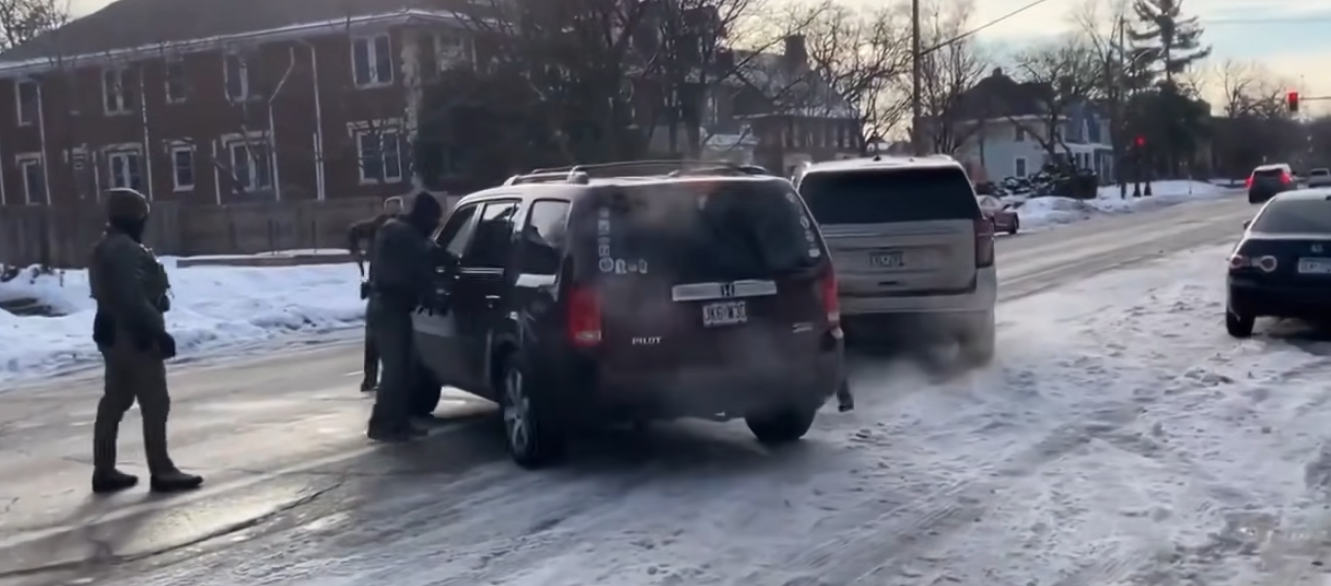[COVID-19\Economy\Opportunity Zones]
Dr. Jim White: “Opportunity zones can simultaneously channel economic help to distressed communities, and create an outsized return for investors. Both these things will be critically important as we try to bring back jobs and restore the economy.”
Photo: Dr. Jim White
Entrepreneur Dr. Jim White says opportunity zones can help revive the economy in poor distressed communities after pandemic passes.
The COVID-19 shutdown has created financial setbacks for millions of Americans and their communities, but economic troubles – whether caused by the pandemic or otherwise – don’t hit everyone equally.
“Unfortunately, there are many rural and urban areas across our great nation that have become distressed due to a variety of circumstances and factors – and that was true for these areas even before COVID-19,” says Jim White, founder and president of JL White International and author of Opportunity Investing: How To Revitalize Urban and Rural Communities with Opportunity Funds (www.opportunityinvesting.com).
“These areas cover the entire breadth of our nation and their populations are diverse. Poverty is a condition that does not discriminate, impacting people of every race, creed, color, gender, and age group, though it does strike minorities with far greater severity.”
But despite the problems, White says, those distressed communities have the potential to provide one path back both for the economy and for investors seeking to diversify with alternatives other than the stock market.
How so? Through the Qualified Opportunity Zone program, which Congress created in 2017 to encourage economic growth in underserved communities. The 2017 Tax Cuts and Jobs Acts provided tax benefits to investors who invest eligible capital in these opportunity zones to create retail, multifamily housing, manufacturing or other improvements. To qualify, the areas must meet certain specifications related to such factors as the poverty rate and the median family income. There are more than 8,000 opportunity zones nationwide.
“I believe, as we move forward to reinvigorate the economy, investing in our poorest communities is going to be the right avenue to take,” White says. White says a few reasons opportunity zones could be an important and effective part of the recovery include:
- Improvements to distressed communities will build on themselves. If businesses in the zones thrive, the communities will have more jobs and better salaries to offer.“More people will want to relocate to these areas, which will increase real estate values and breathe new life into local shops and stores,” White says. When residents and business owners are doing well, they spend more money on beautifying their homes, storefronts, public buildings, streets, parks, and monuments. Their infrastructure will improve, crime will decrease, and better health care will be available for residents.
- Investors can make money as well as save on taxes. Those who invest can benefit from more than just the initiative’s capital gains tax breaks, White says. They also can see a significant return off their investments.
- Investors also can help improve people’s lives. The zones give investors who want to do more than just make money a chance to have a positive impact on low-income urban and rural communities, and the lives of millions of people. “Investments have already worked miracles in several American communities and we are only at the early stages of experiencing their capabilities,” White says.
“These opportunity zones can simultaneously channel economic help to distressed communities, and create an outsized return for investors,” White says. “Both these things will be critically important as we try to bring back jobs and restore the economy coming out of the pandemic. If nothing else, the coronavirus is teaching us that we are all in this together, and that all of us, across the country and globally, must be responsible for one another.”
About Jim White, Ph.D
Jim White, Ph.D., author of Opportunity Investing: How To Revitalize Urban and Rural Communities with Opportunity Funds (www.opportunityinvesting.com), is founder and president of JL White International. He also is Chairman and CEO of Post Harvest Technologies, Inc. and Growers Ice Company, Inc., Founder and CEO of PHT Opportunity Fund LPX. Throughout his career, he has bought, expanded, and sold 23 companies, operating in 44 countries. He holds a B.S. in Civil Engineering, an MBA, and a Ph.D. in Psychology and Organizational Behavior.








